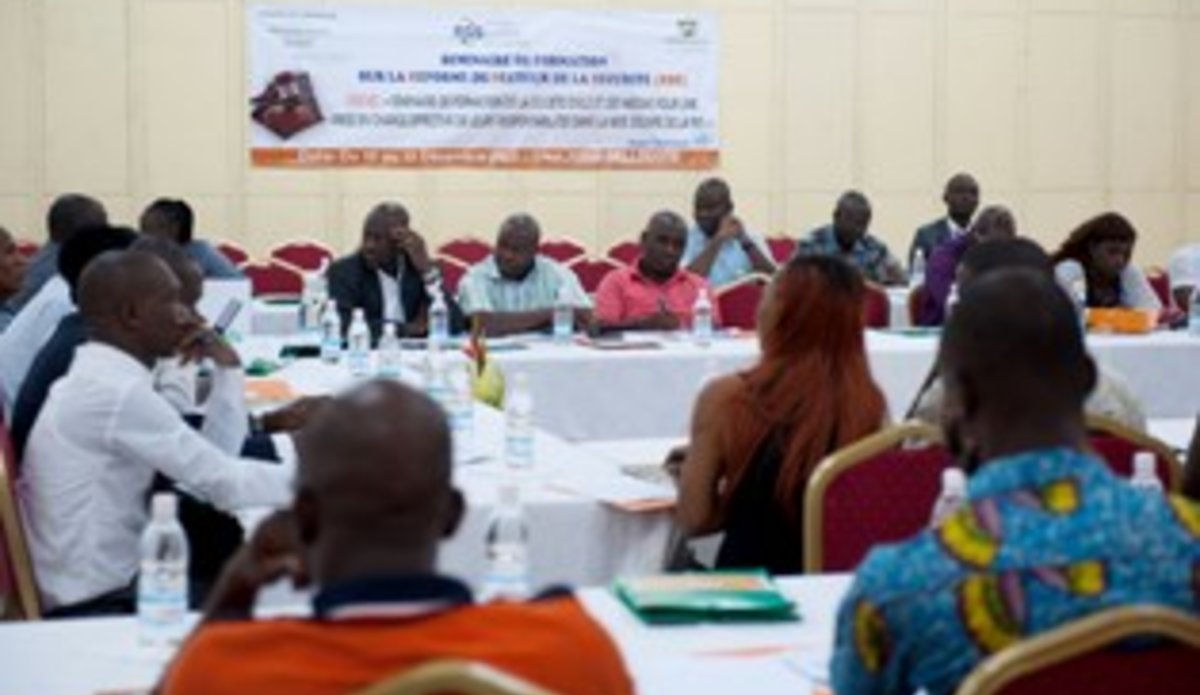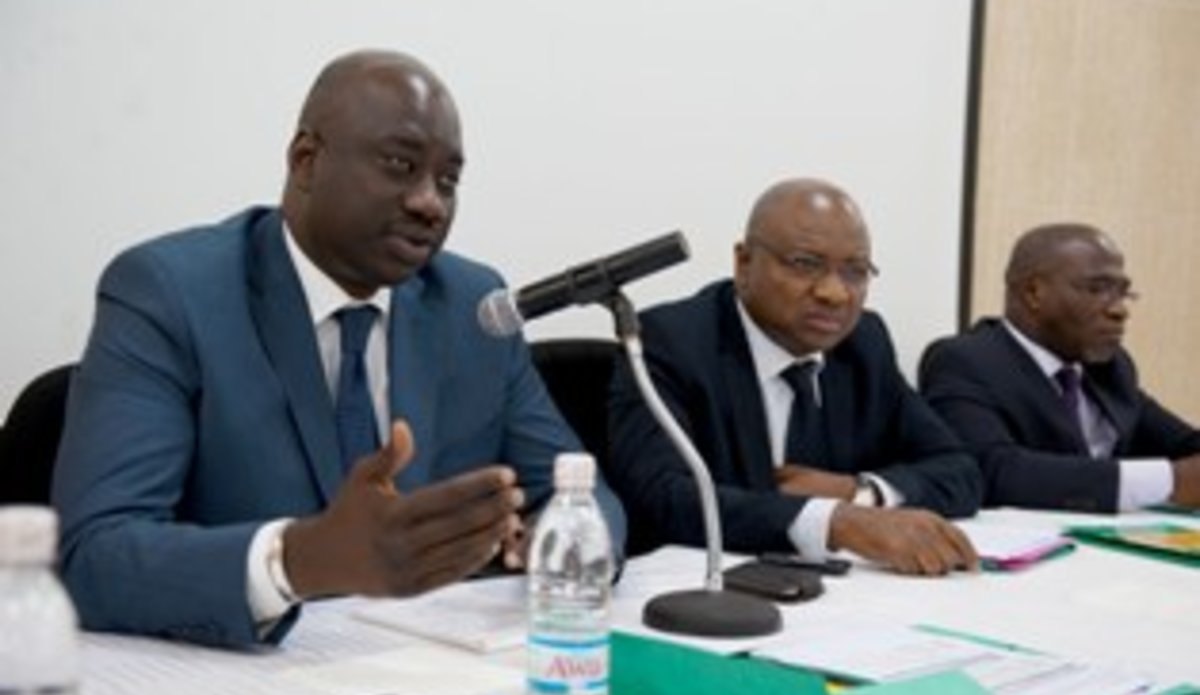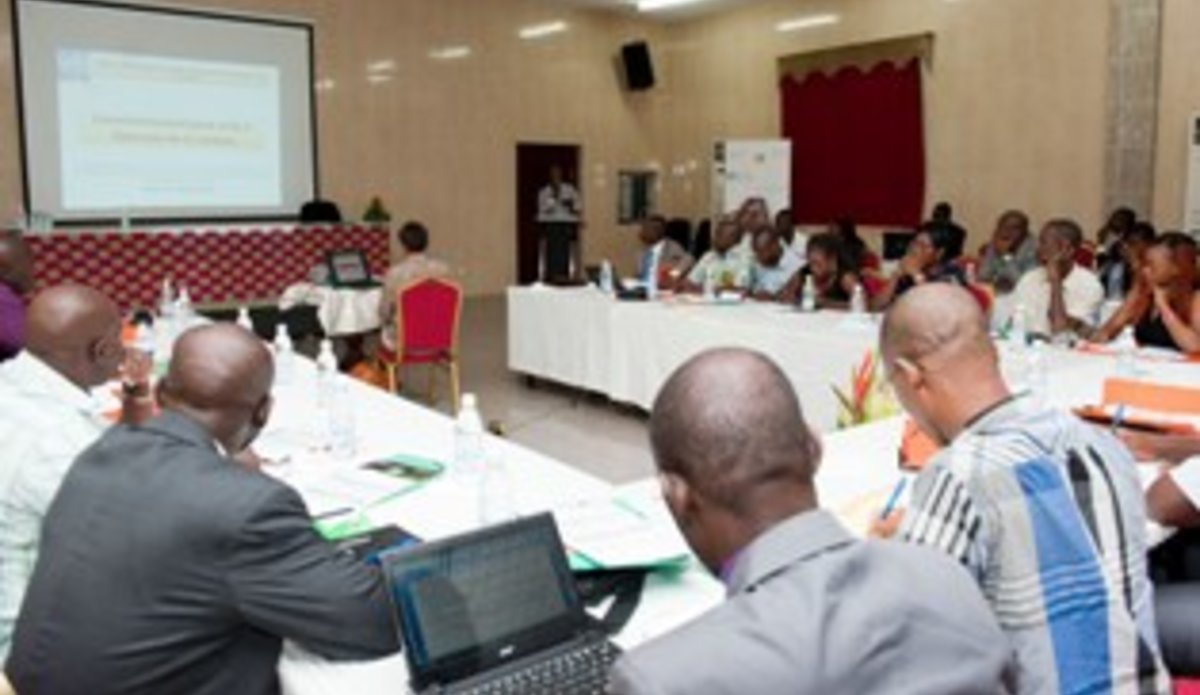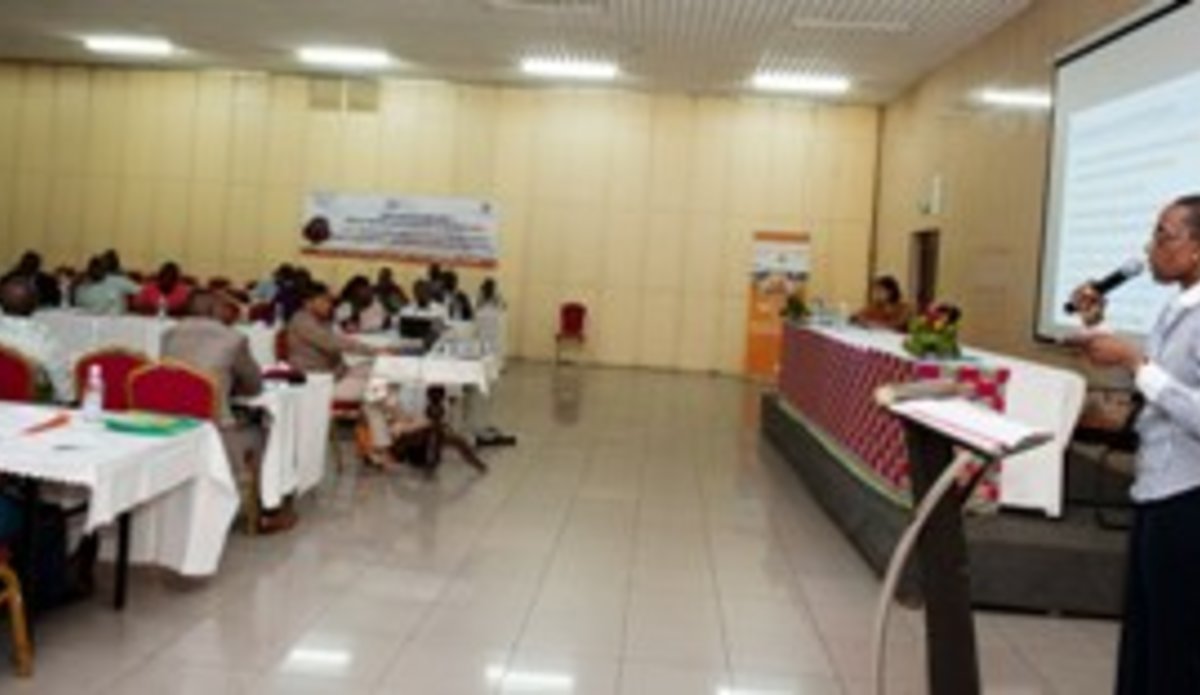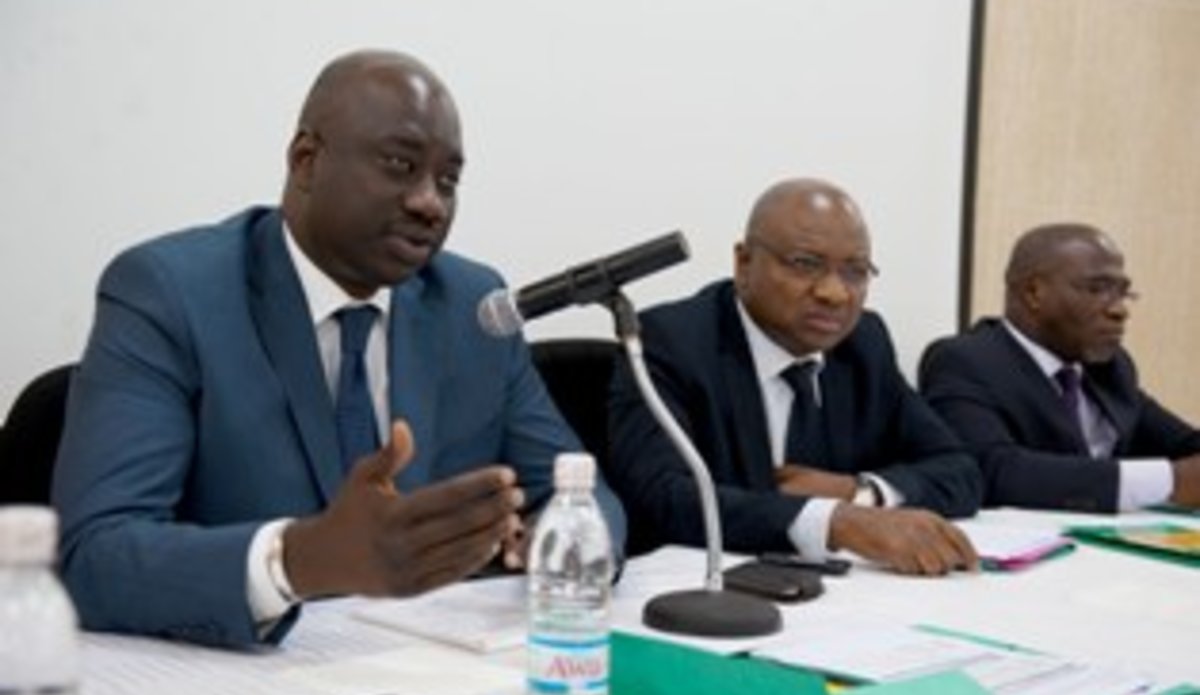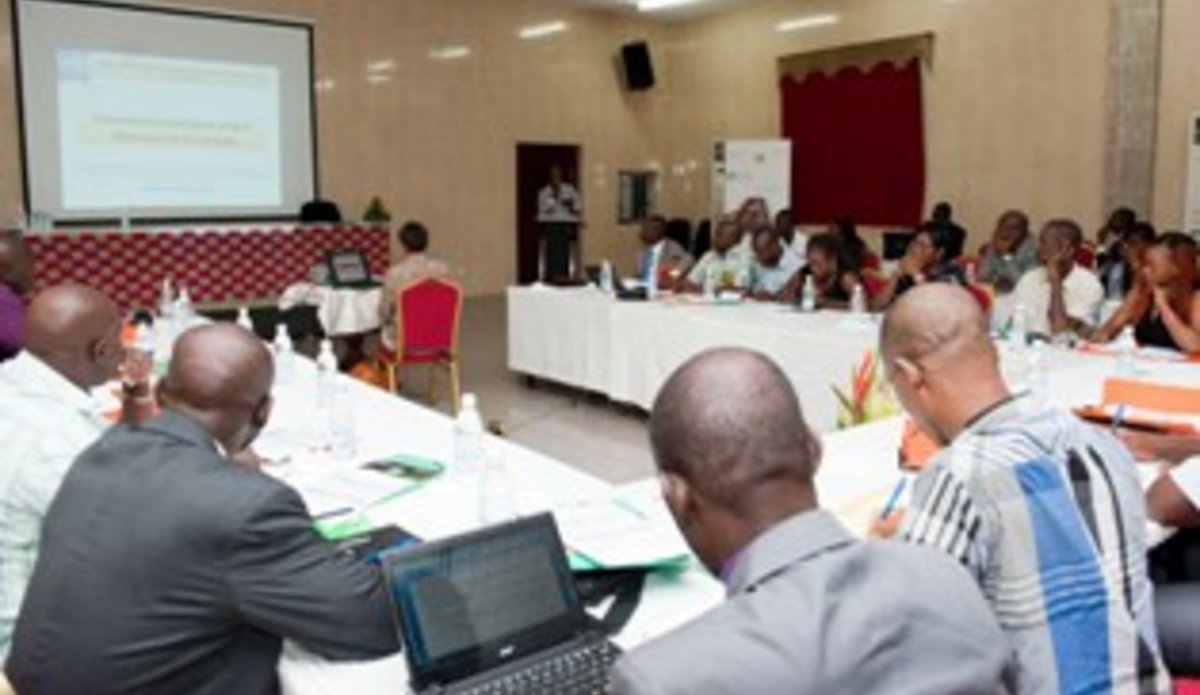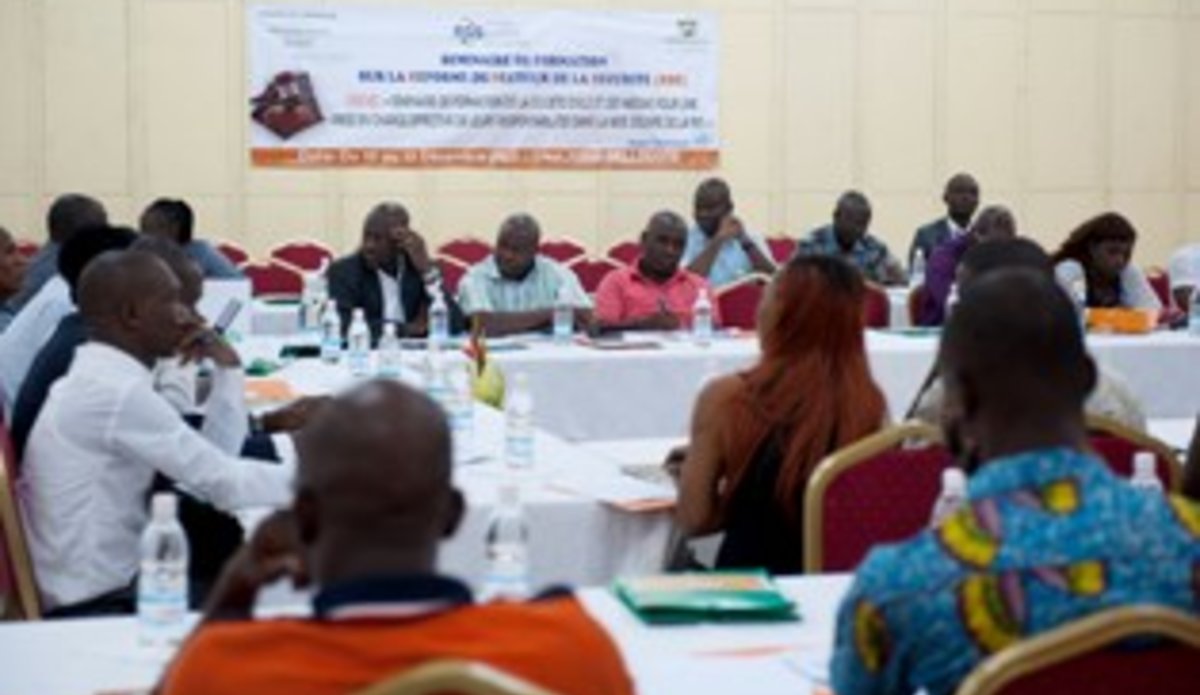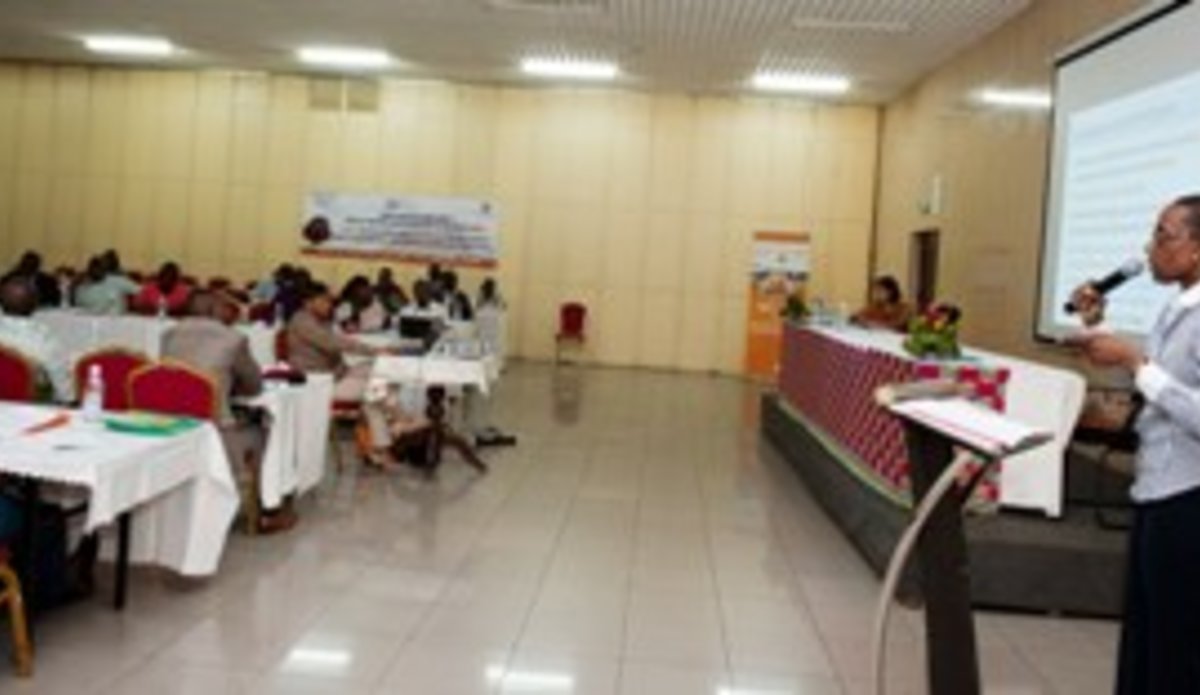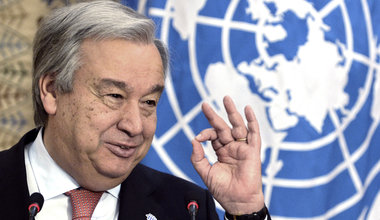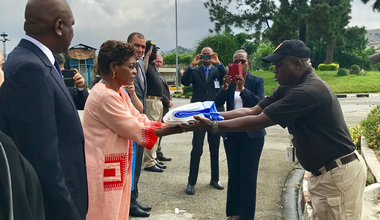Ivorian civil society learns to communicate on security sector reform

Ivorian civil society and media practitioners have been attending a four-day seminar on how to communicate on security sector reform (SSR) organized by the National Security Council in collaboration with the Security Sector Reform Division of the United Nations Operation in Côte d'Ivoire (UNOCI).
The seminar which began on Tuesday, 10 December 2013, is aimed at providing civil society and the media with a better understanding of their role in the implementation of the reform and equipping them with the essential notions and methods of civilian control of the SSR process.

At the opening of the seminar, the head of UNOCI's SSR division, Ely Dieng expressed the satisfaction of the Special Representative of the UN Secretary-General for Côte d'Ivoire, Aichatou Mindaoudou, with the government for initiating the reform, saying the democratic governance of the security sector was a crucial aspect of SSR. "It contributes to making security actors accountable to the population. Without control, especially civilian control, the security sector would remain a closed area limited to the security of institutions with little room for the security of people," Mr. Dieng pointed out. He further stressed the democratic control of the security sector not only through institutions like parliament but also non-state structures such as civil society and the media whose role has become essential.
For his part, the national secretary of the National Security Council (NSC), Jean-Paul Mallan said SSR was introduced in 2012 in response to the challenges of modern democracy by setting up an efficient security system to meet the needs of the population in peace time. "This reform aims at installing a favourable climate in which the population feels secure and development can thrive," Mr. Mallan said.

He said certain conditions were necessary for this to happen such as defining the security needs of men, women, the various social and ethnic groups, reinforcing the capacity of all concerned actors (the state, justice, media, civil society, parliament and the military).
The CNS official in charge of security matters, Emmanuel Kouassi-Lenoir made a presentation on the theme: Ivorian strategy for SSR and democratic control. He said the issue was timely given the emergence of failed states that have become a source of international insecurity. Cote d'Ivoire, he said, has taken note of this dysfunction and has chosen to place emphasis henceforth on state as well as people's security. "It is a question of putting human beings at the centre of all security matters including the wellbeing and rights of persons.

During the seminar, the more than 50 participants are also expected to discuss the issues related to the management of rumours, UNOCI's support to the SSR process in Côte d'Ivoire, the role of civil society and media in SSR and communication strategy for a successful SSR.
 UN
UN United Nations Peacekeeping
United Nations Peacekeeping
